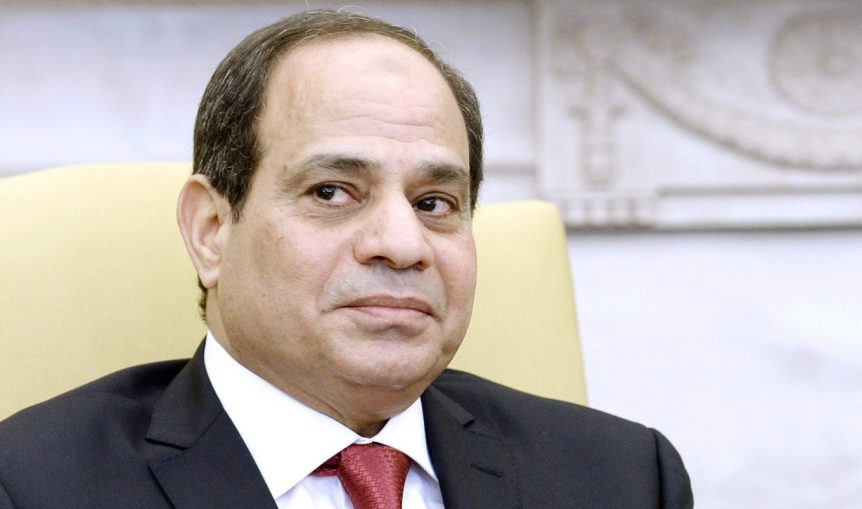On Sunday 28 January 2024, the Egyptian parliament passed a bill on Securing and Protecting the State’s Public and Vital Facilities. The timing of the legislation, and the extensive domestic security powers it grants the military, indicate that Egyptian authorities seek to further transform the military into a police force and use it to suppress potential public discontent or mass protests through expanding their mandate to arrest civilians and refer them to military courts.
The law, which effectively turns the military into an internal security and judicial institution whenever the president deems fit, comes as popular discontent grows amid an economic free fall with soaring inflation, a severe foreign currency shortage, and record high external debt. President Abdelfattah al-Sisi has repeatedly spoken publicly about how he would deploy the military against popular protests, including once where he stated that “there is a plan for the army to deploy across Egypt in six hours.” President Sisi has also often dismissed any potential protest or public show of discontent as ill-intentioned attempts to undermine the state and its stability, most recently in a speech where he said that millions of people could be paid to mobilize on the streets and instigate chaos.
The latest expansion of the military’s powers solidifies the preexisting de facto martial law in Egypt. According to Article 200 of the constitution (amended in 2019), the military is granted broad powers to “preserve the constitution and democracy, protect the basic principles of the state and its civil nature, and protect the people’s rights and freedoms.” The article in effect gave the military powers that transcend those of any other institution, including the Supreme Constitutional Court.
The military has already enjoyed expansive powers allowing it to arrest civilians and refer them to military courts, including through Presidential Decree 136 of 2014 (amended in 2021). Law 136 of 2014 stipulated that the armed forces may assist police agencies in securing public and vital facilities, including public roads, electricity stations, gas pipelines, and railroads. Crimes committed on the premises of these facilities fall under the jurisdiction of military courts. The new law, which replaces and annuls Law 136 of 2014, not only includes the same provision that allows the military to arrest civilians and try them before military courts, but it also has added another article that gives military personnel powers to “face acts and transgressions that undermine the work of the state’s public facilities, or the services it provides, especially crimes that harm the society’s basic needs of goods and commodities.”
The new law uses vague wording that ultimately gives discretion to the President, or whomever he delegates, to identify what constitutes basic societal needs, and therefore gives him unrestrained powers to detemine the military’s jurisdiction to arrest civilians and refer them to military courts. Since 2014, thousands of civilians have been tried by military courts and denied due process, with at least 363 documented cases of violations to the right to fair trial.
CIHRS believes that further consolidating military with policing and judicial powers, thereby putting the military on a collision course with popular discontent against economic and human rights policies, will only exacerbate the risk of instability. The only way out of the current crisis is to admit previous mistakes, end President Sisi’s monopoly over decision making, restore independence to state institutions, including accountability and oversight institutions, and open up of public space to allow citizen engagement in governance issues that impact their everyday lives.
Share this Post

